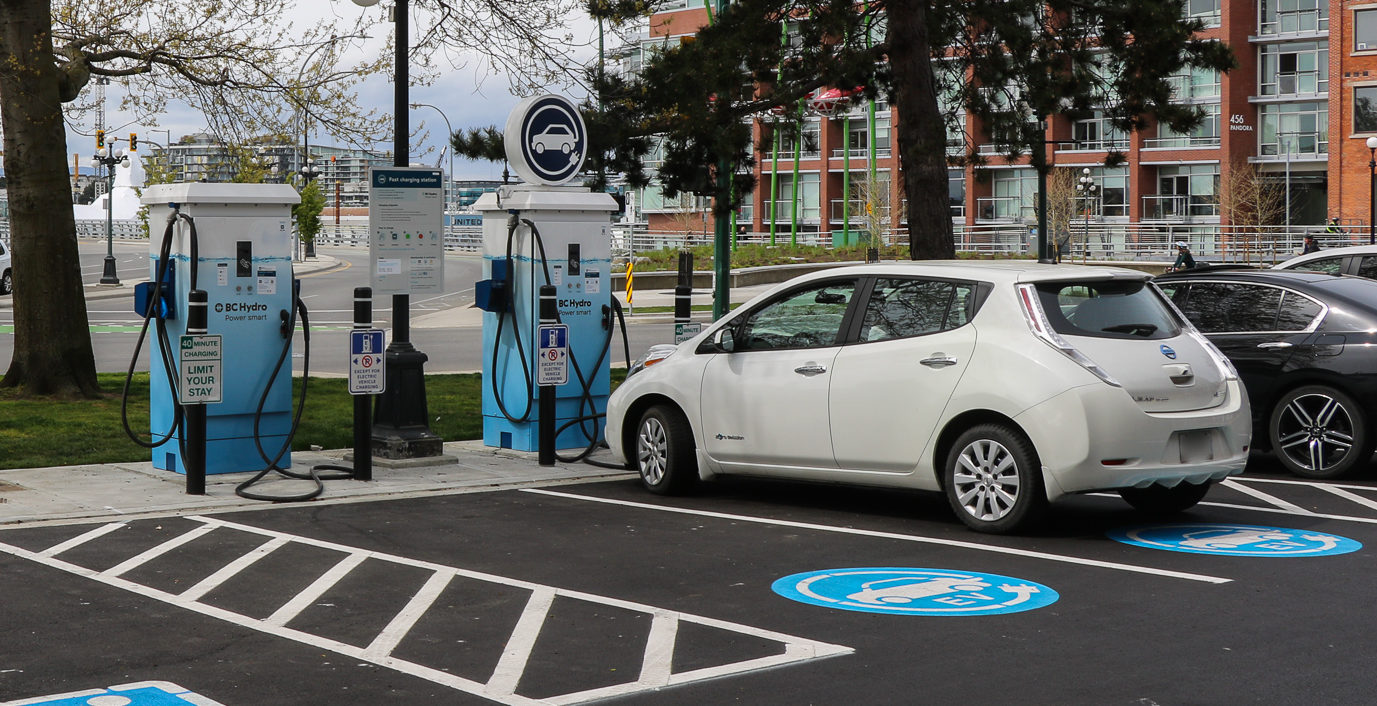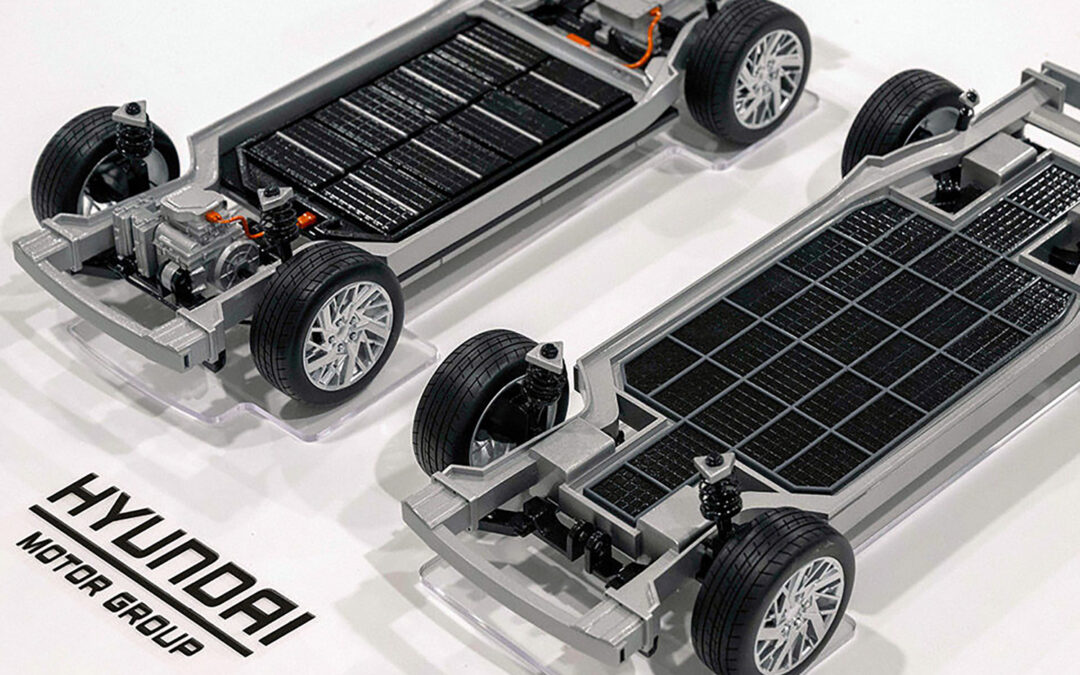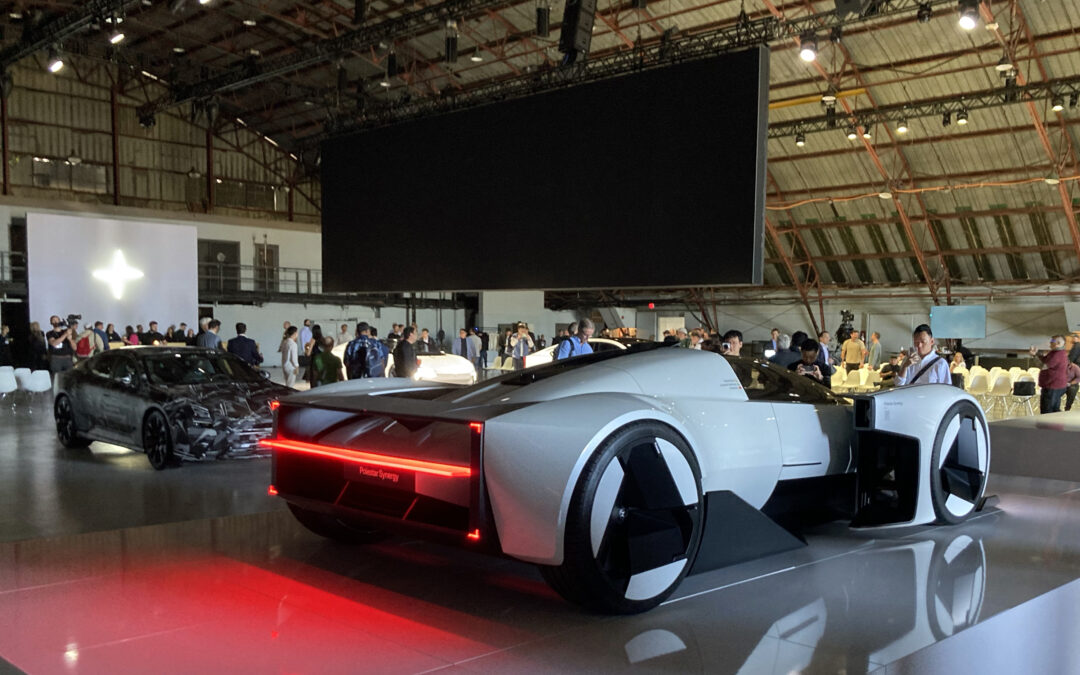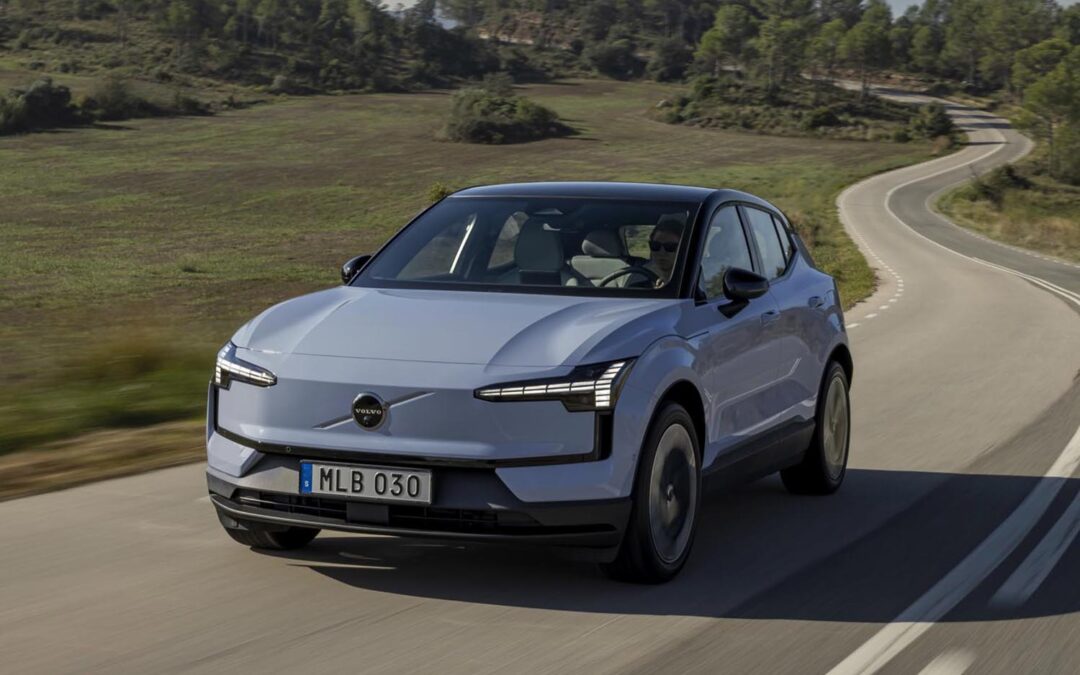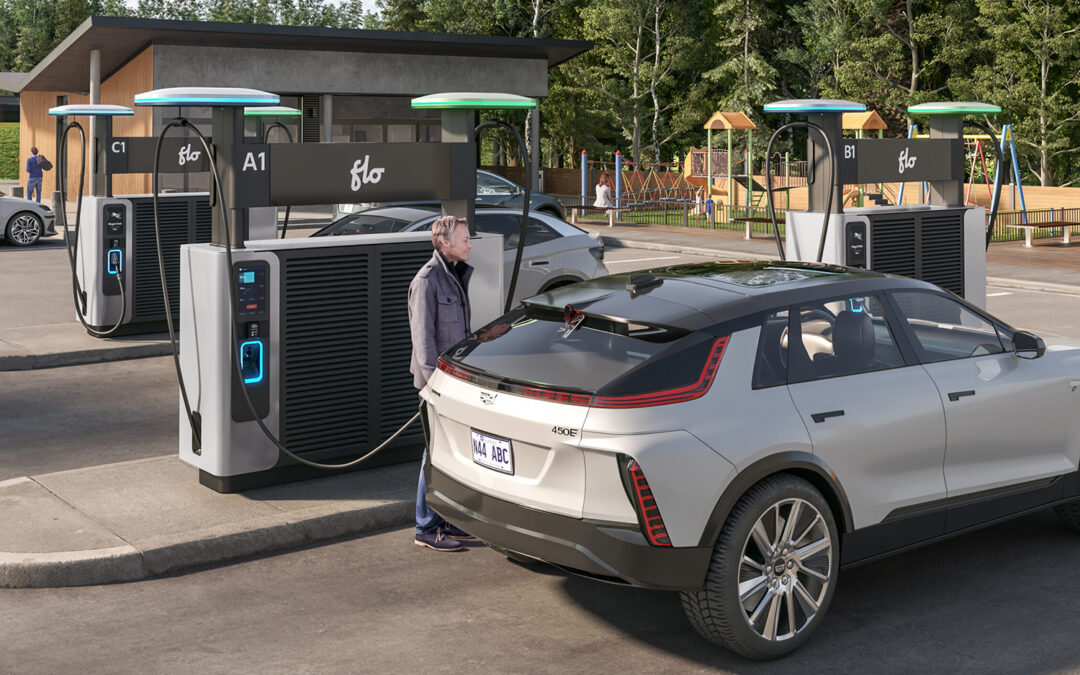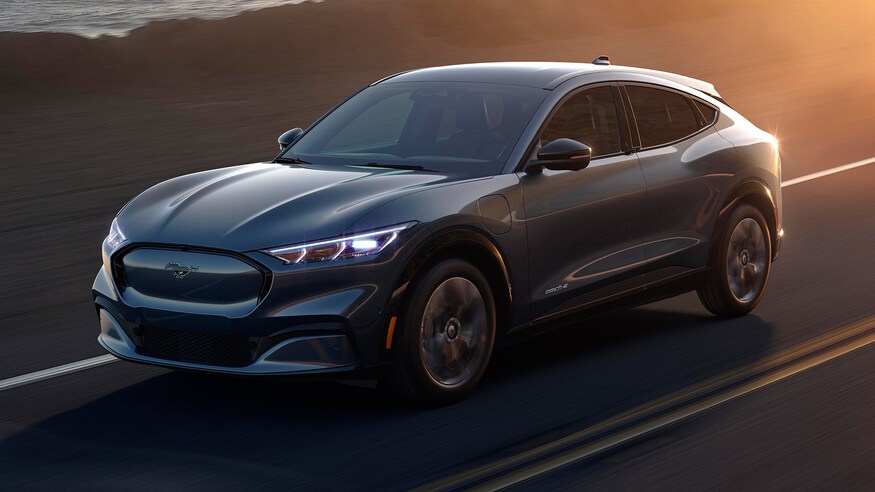British Columbia’s provincial government has introduced its latest incentive for prospective EV owners by dropping the provincial sales tax (PST) for used battery-electric vehicles.
The move was noted in BC’s ‘Budget 2022’ and works in tandem with the province’s CleanBC initiative. First introduced in December 2018, the latter aims to reduce climate pollution by shifting homes, vehicles and industry off fossil fuels towards renewable energy, with the overall goal of reducing the province’s greenhouse gas emissions by 40 per cent come 2030.
Read more: Ontario looks at lowering off-peak electricity prices
In an attempt to encourage more BC drivers to make the electric switch, used zero-emission vehicles are exempt from the 7 per cent PST as of today – February 23, 2022 – until February 22, 2027. The exemption applies to all used zero-emission vehicles sold either privately or via dealerships; to be classified as ‘used’, and thus eligible for exemption, the ZEV must have clocked up a minimum of 6,000 km.
Alongside this drop, the updated PST act in Budget 2022 also states that the threshold for luxury surtax “for passenger ZEVs” has also been raised to $75,000, a $20K jump from its original base of $55,000. This threshold will also be up for review after February 22, 2027.
Browse new and used EVs for sale here
Though specific reasons for the arbitrary five-year timeframe have not revealed, the report does draw some interesting conclusions regarding potential EV ownership in BC. It’s stated that “over 70 per cent of individuals with household incomes that surpass $50,000” are considering buying an EV in the “near future”. This is not altogether surprising: BC’s focus on sustainability is among the strongest nationwide, with 9.4 per cent of BC’s new car sales coming from electric vehicles and the deadline for every new car sold in BC to be 100 per cent zero-emission reset from 2040 to 2035. That, plus the increasingly electrified nature of the motoring industry makes EV ownership sooner rather than later somewhat inevitable.
The province also offers financial incentives of $3,000 for full ZEVs and long-range PHEVs and $1,500 for shorter range PHEVs.
That Budget 2022 also reports that it’s more likely households boasting an average annual income of $150,000 and upwards to own a ZEV speaks volumes as to the initial high costs of EV ownership compared with ICE vehicles.
